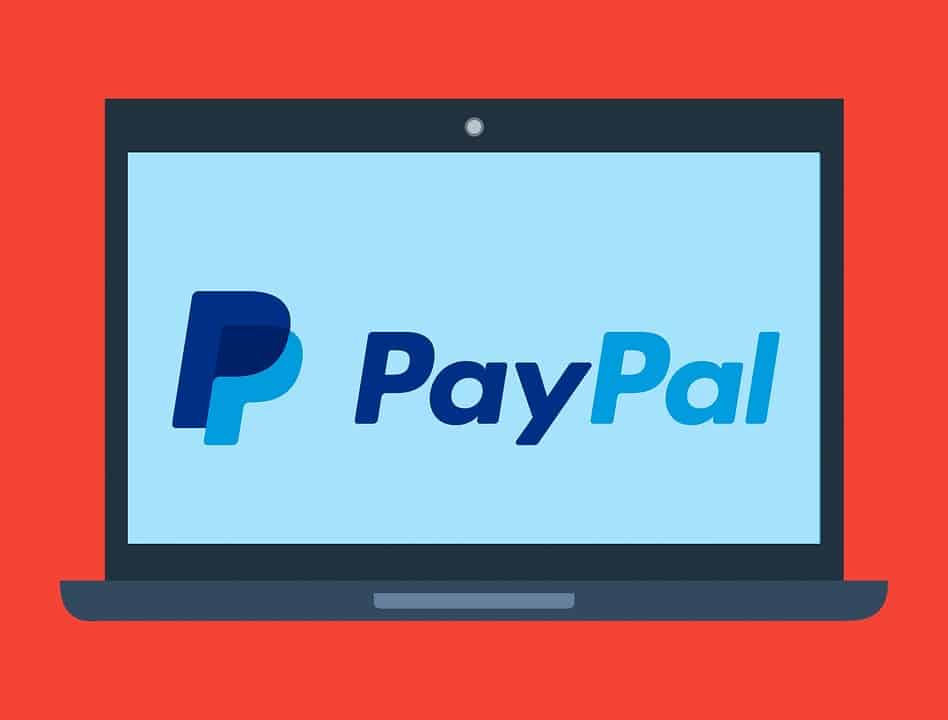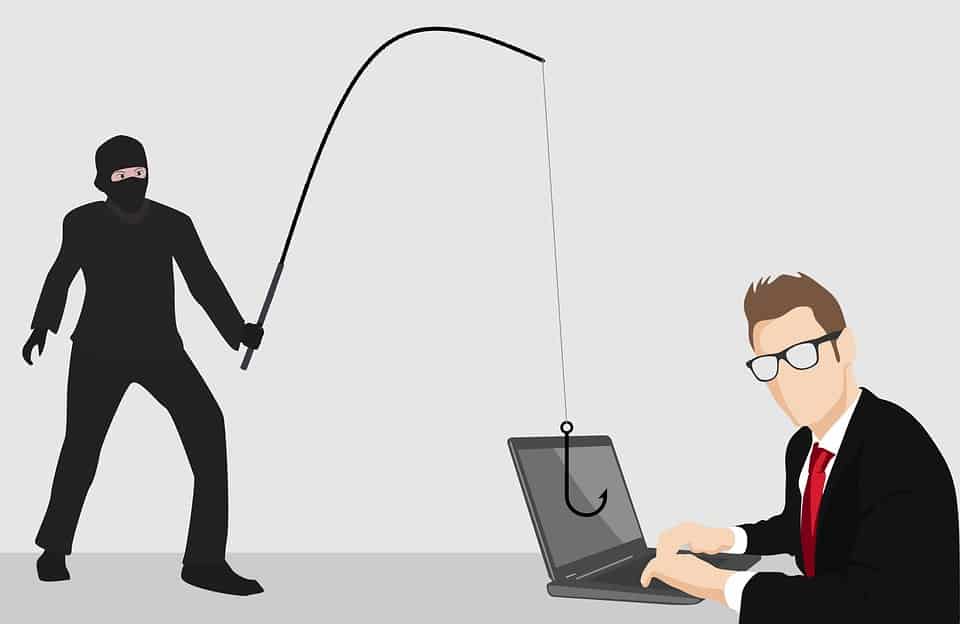Personal data is now considered an economic asset. As a result, before the squeeze given by the GDPR in 2018, many companies purchased the personal data of hundreds of thousands of people to analyze it and use it for marketing purposes.
Today we are a little safer, but one old threat remains: hackers and cyber criminals, computer scientists who work autonomously and are difficult to trace.
Also complicit is our tendency to underestimate the problem. So what can we do to protect our personal data?
-
Take care of your passwords
It may seem trivial, but we would be surprised to discover how many of us have chosen the word password as the key to our systems. This is a choice to avoid if you want to keep your personal data safe, along with all those that use consecutive characters (12345, abcdef, qwerty, etc.), backward words, proper names, and important dates (birth, marriage, etc.).
-
Protect your data from insecure networks.
Places like malls, large event spaces, airports, Internet cafes, and libraries often offer accessible Wi-Fi networks. However, our advice is to use them only if and when you need them: their security systems are not among the most advanced and may not be able to protect your browsing from potential breaches.
-
Use antiviruses
Ideally, you should have one (in its full version, so you have to pay for it) on each mobile device. Rather than nothing, however, better to download a basic version of an antivirus, which can still protect against the mildest and most common threats.
Do frequent scans and checks because there are viruses and malware that remain silent for a long time, simply watching your activities.
-
Protect yourself from phishing e-mail
The threat in the e-mails you receive may be in the message you receive from the bank or others we tend to trust. So, never open suspicious e-mails.
They could ask you to fill out a form requesting your data or any other voluntary action. A simple click on counterfeit buttons is enough to give malware-free access to your pc.
-
Don’t share your data online
Sometimes we don’t have a choice, but whenever possible, it is always best to avoid sharing personal data via the Web, especially using the least secure devices (read: smartphones). If you have to send your bank details, a photocopy of your documents, or health information, and you can’t do it in person, do it only if you have a secure network and a certified mail service.
-
Buy only from reputable platforms

PayPal good payment choice
It can be limiting at times, but for the safety of our online purchases, it is essential to rely only on the big and reputable platforms, which are usually strictly controlled. Always check their history and reviews to ensure you are safe when buying from another user and not directly from the platform.
A good payment choice is to enable encrypted data systems (such as PayPal), which are much more secure than the classic credit card payment.
PayPal also allows you to pay in installments for a specific product bought on an e-commerce site or platform where you purchase flights or accommodations.
Moreover, in addition to e-commerce sites and platforms for planning trips, many others even let you shop with cryptocurrencies, as in the case of Amazon or Tesla, or use services such as videogames or American, European, or Canadian real money casinos.
In the last case, it should be specified how important it is to browse and play on secure platforms. So it would help if you always looked for gambling websites where you can find reliable and safe banking options for your real money play and not get your data stolen.
-
Protect your personal information on social networks
Our social profiles contain much information about us, already been used more than once by the platforms for marketing purposes. So if there is nothing we can do against them, it is good to at least protect ourselves from other users or systems breaches.
A good rule of thumb is to include essential and generic personal data (e.g., it is always better to prefer the province of residence over the city) and to make mandatory ones such as e-mail addresses invisible.
Conclusion
Online data protection is not a simple matter, and even following these steps cannot guarantee us total security while surfing the Web. However, doing so is the most important way by which we can actively protect ourselves firsthand.


COMMENTS